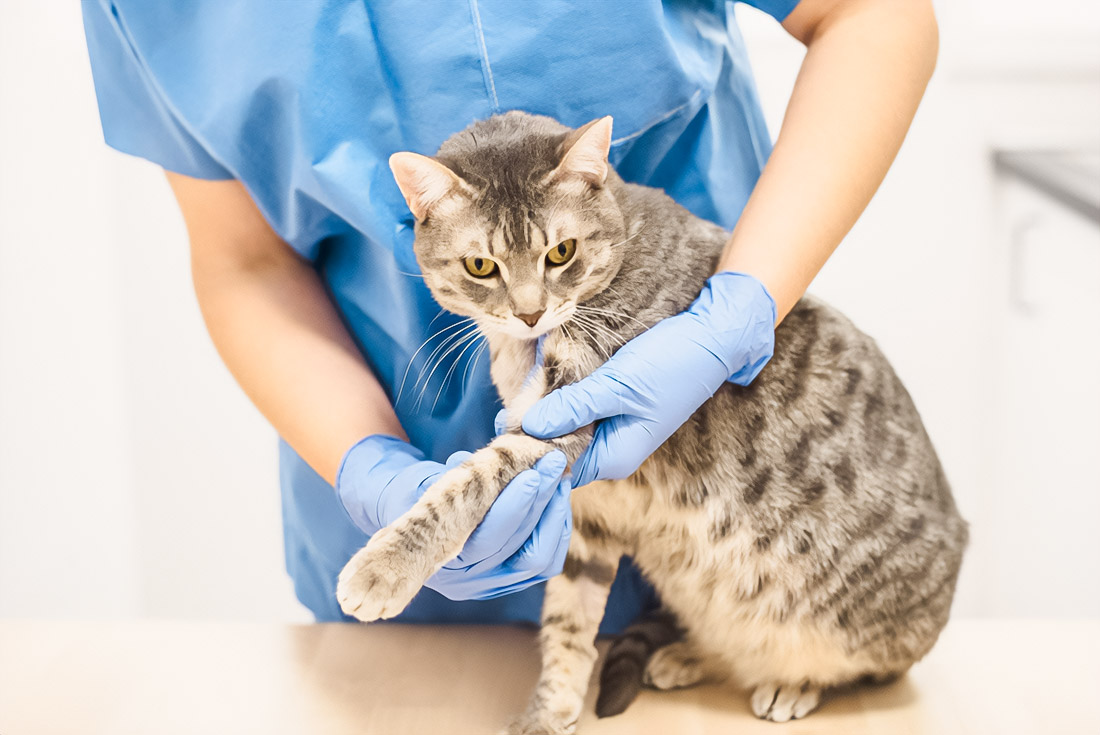Unique Strategies Nutrition for Optimal Health Liver in Domestic Animals
The liver performs many vital functions in domestic animals, and maintaining its health requires special attention. In conditions of urban life, such as vetsinthecity.me significantly facilitates the task of maintaining the health of your pet.
Understanding complex aspects of diseases liver at domestic animals
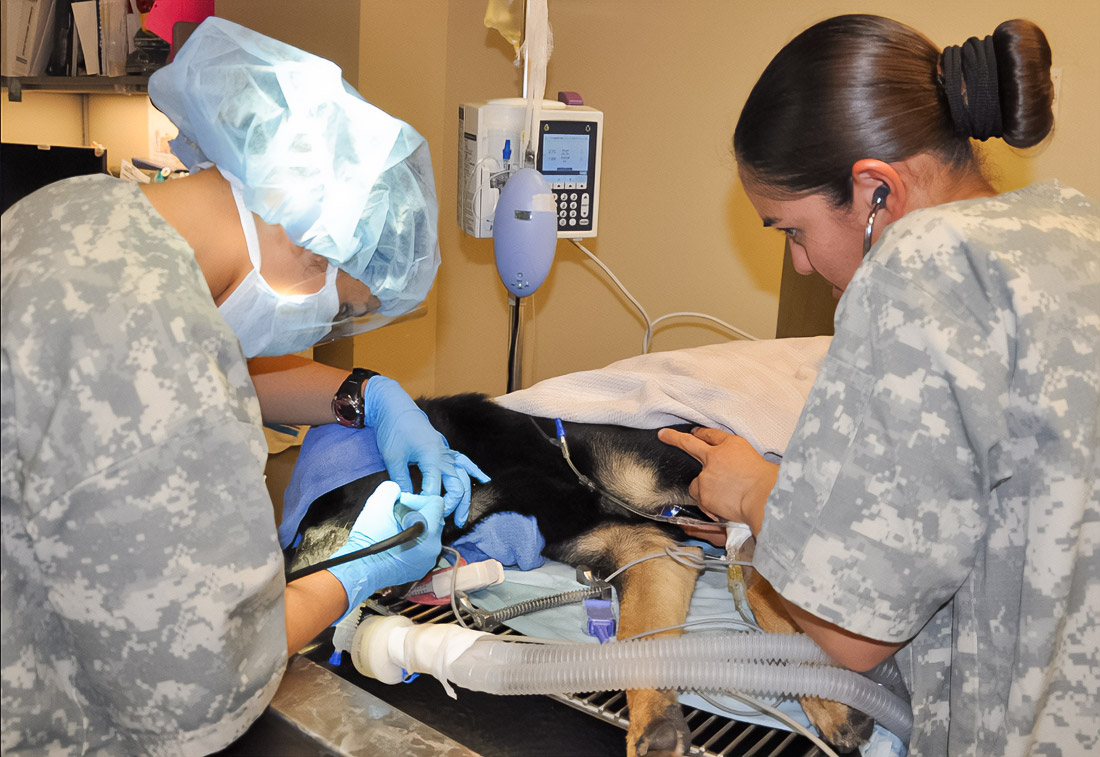
Key functions and diseases liver: Comprehensive look
Liver – this is a vital organ, performing more than 500 functions, from metabolism to detoxification. It can suffer from such diseases as hepatitis, cirrhosis, and lipidosis in the liver. Hepatitis affects up to 5% of domestic animals and can be caused by infections, toxins, or autoimmune reactions. Cirrhosis leads to the replacement of healthy tissue on scar tissue, affecting productivity tissue, and occurs in 1 of 10 cases of all liver diseases. In cats, lipidosis liver, or fatty hepatosis, accounts for up to 40% of diagnoses of liver diseases and requires immediate intervention.
Fundamental role liver in the body: Influence on the health of your pet
The liver regulates the level of sugar in the blood, the synthesis of proteins, and stores vitamins and minerals. Decisive significance: this organ manifests in the filtration of toxins from the blood and the production of bile for the digestion of fats. Failure in these processes leads to systemic problems, including loss of weight, fatigue, and even neurological symptoms. According to estimates, up to 25% of chronic problems in domestic animals are related to liver diseases.
Science about nutrition: Support functions liver at sick animals
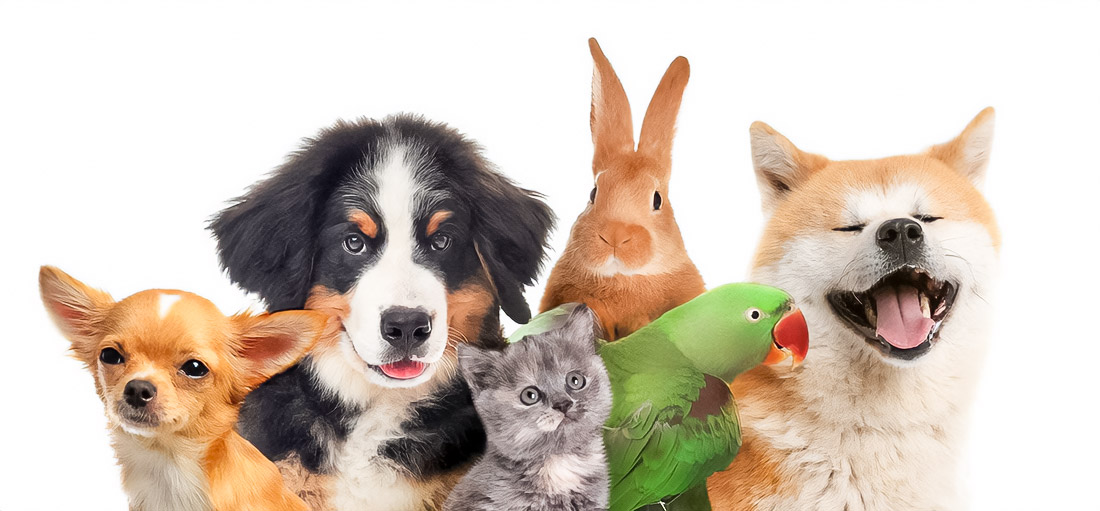
Effective dietary strategies for protection liver
Proper nutrition can reduce the load on the liver. It should provide all necessary nutrients without overloading organs. Experts disagree regarding optimal content macro- and microelements, but the basics are extremely clear.
Dietary recommendations for domestic animals with liver diseases
- Proteins: High-quality proteins, such as egg white, reduce the load on the liver and help in the restoration of tissues. 65% of all specialized diets focused on amino acids.
- Fats: Excess fats load liver, while Omega-3 contribute to maintaining cell health. 70% of domestic animals positively respond to supplements fish oil.
- Carbohydrates: Easily digestible, low-glycemic carbohydrates, such as whole grains, improve the metabolic response of the liver.
- Microelements: Minerals, such as zinc, support the functions of the liver, while excess copper worsens the condition. 80% of popular specialized feeds exclude copper.
Proven commercial products and examples treatment
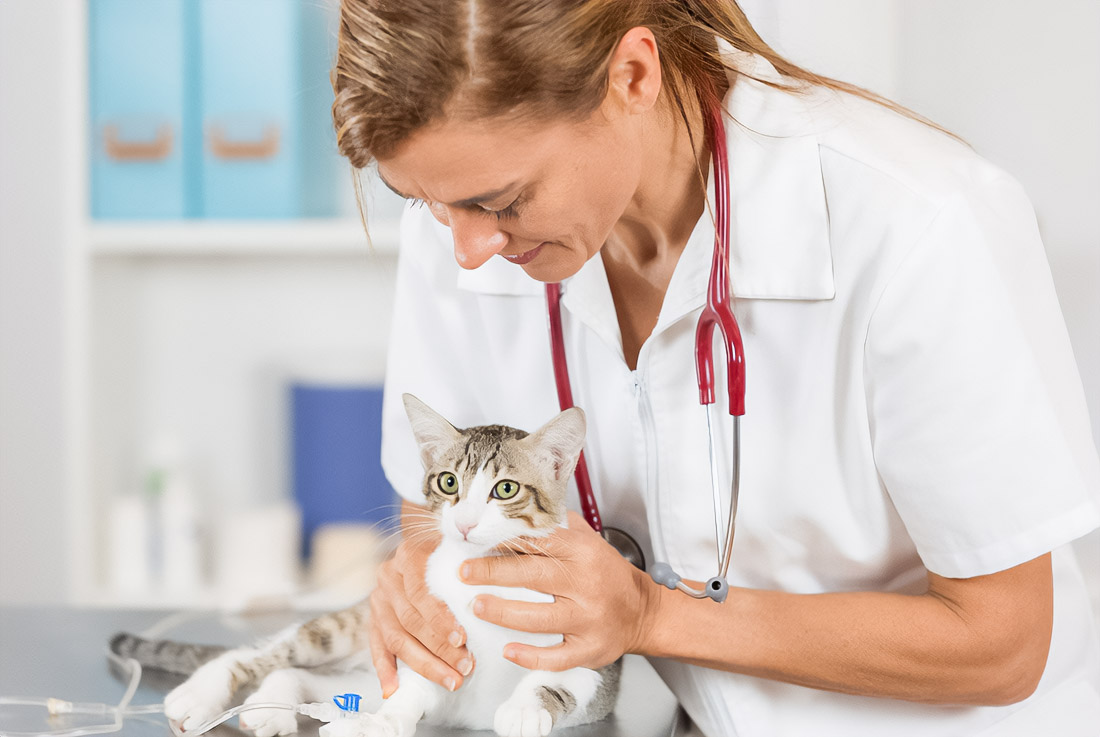
High-quality diets for support liver: What offer pet
There is an extensive choice of commercial diets optimized for supporting a healthy liver. They contain the right balance of nutrients, such as antioxidants and Omega-3 fatty acids. Such brands as Hill’s and Royal Canin developed successful formulas recommended by most specialists.
Real successful cases management diseases liver
Cat Bella suffered from lipidosis in the liver. A special diet with high-content protein helped her return to weight within three months. In another case, dog Jack, a patient with chronic hepatitis, maintained stable health through a specialized diet with low content copper.
Strategies adaptation: Overcoming difficulties in management
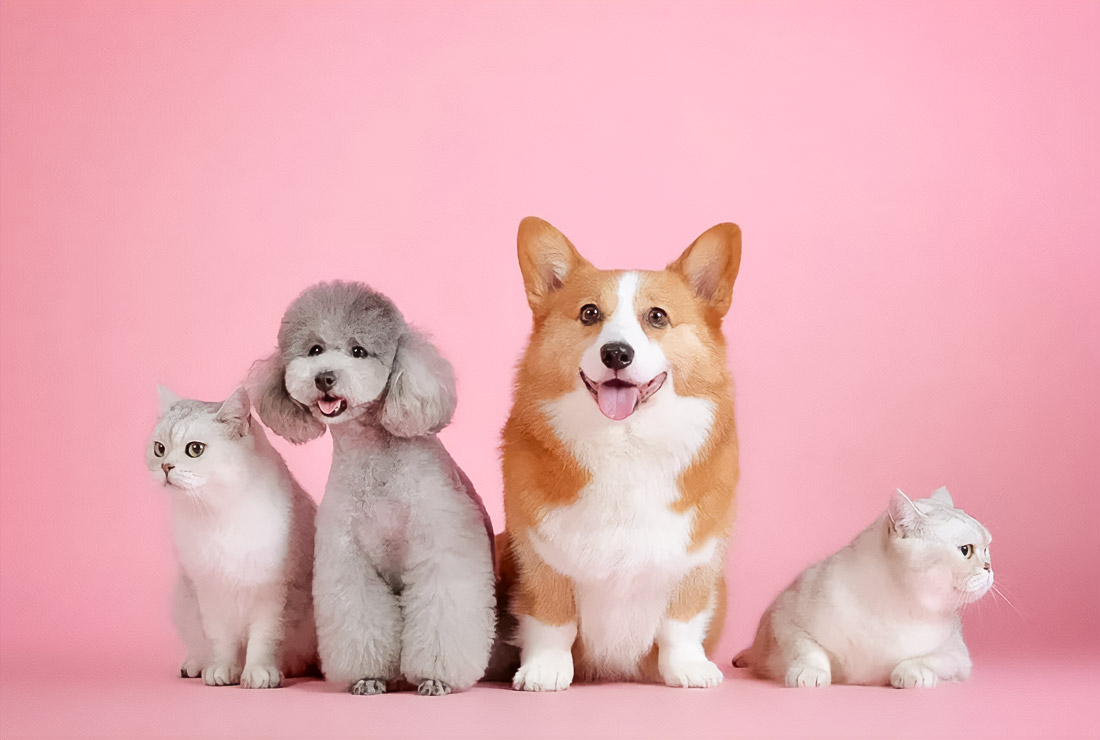
Effective methods introduction new diet
- Gradual transition: Smooth introduction to new food will help avoid stress at pet.
- Encouragement: Positive reinforcement can make process less tense.
- Consultation with veterinarian: Regular checks guarantee health and happiness your pet.
Nutrition plays a critical role in the management of liver diseases, improving the quality of life for pets and contributing to their recovery.
Basketball fan, mother of 3 beautifull children, music blogger, hand letterer and communicator, collector, connector, creator. Acting at the intersection of beauty and elegance to give life to your brand. Check me out on Dribbble or Medium.
